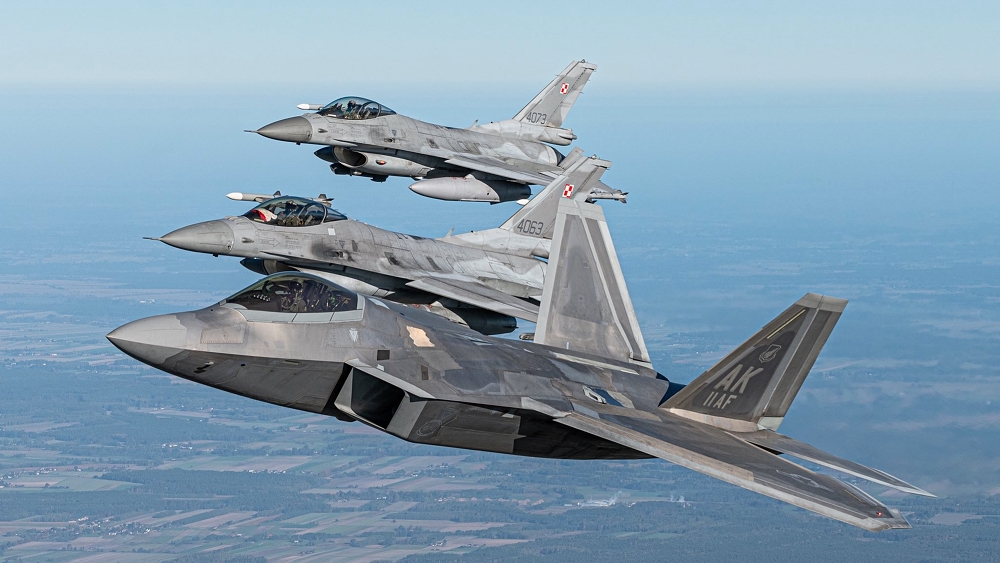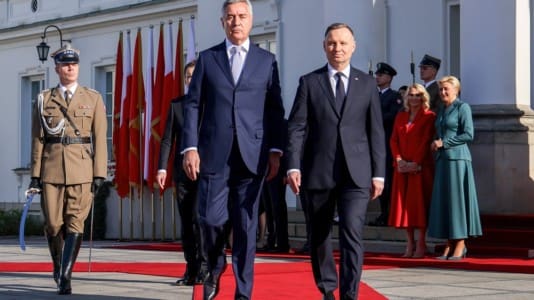Polish citizens want a larger army and are willing to pay more for it, according to a new poll from United Surveys for RMF FM radio and the Dziennik Gazety Prawna daily show.
The data shows that 63.4 percent of Poles have a positive opinion of the government’s policy of increasing the total number of Polish soldiers to 300,000. The majority of the respondents also believe the United States to be the main military ally of Poland.
The professional Polish Army currently has around 110,000 soldiers and an additional 30,000 serve in the Territorial Defense Forces (WOT). However, the Polish Defense Ministry has put forward a plan to increase the number of soldiers in Poland to 300,000 in total.
The poll shows that 27.5 percent of respondents believe that this is definitely a good decision, while 35.9 percent assess it as “rather good.” A smaller percentage of the respondents have the opposite opinion: 15.3 percent believe that this idea is rather bad and 7.2 percent say it is definitely bad. Another 14.1 percent of respondents have no opinion on the matter.
Supporters of the ruling conservative Law and Justice (PiS) party show the biggest support for a larger army, with the idea viewed positively by 84 percent of PiS voters — 58 percent say the move is definitely good and 26 percent rather good. The rest of PiS supporters have no opinion, but not a single respondent supporting PiS expressed an objection to this proposal.
Poland is also set to increase military spending to 3 percent of GDP from the next year, which will amount to €19 billion (90 billion złoty).
However, the survey suggests Polish society is less ready for the government to make cuts in other areas to finance the military expansion, with 29 percent saying they “rather” support such a measure and 19.6 percent said “definitely” yes. According to 22.5 percent of respondents, this is not a good idea and 16.7 percent chose the answer “definitely no.”
Most Poles believe that the U.S. is the main military ally of Poland, with 73.4 percent of respondents providing this answer.
Next on the list were Great Britain with 5.7 percent, Germany at 2.3 percent and Ukraine at 2 percent. Nobody chose France in this context and 5.8 percent chose another country. Another 10.8 percent of respondents did not know what country to select.






